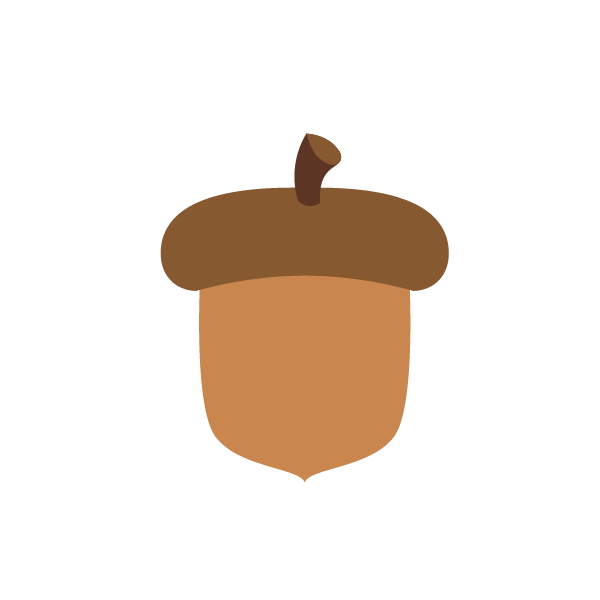Water
Water is one of the most important substances on Earth. All living things need water to survive. People can live without food for weeks, but without water, they would only last a few days. About 71% of the Earth is covered in water. However, only a small percentage of that water is fresh water that people can use. The rest is either salt water from the ocean or frozen in glaciers.
Properties
Water is a molecule made up of two hydrogen atoms and one oxygen atom. Its chemical symbol is H2O. Water is a liquid at room temperature, but it can exist as a solid (ice) or a gas (water vapor or steam). Water is colorless, odorless, and tasteless. It is essential for all known forms of life.
Importance
Water is essential to human life. It is necessary for many basic functions of the body, including regulating temperature, transporting nutrients, and flushing out waste. In addition, water is a key component of many of the foods we eat. For example, fruits and vegetables are mostly water, and milk is more than 80% water.
Sources
Water can come from many different sources. The most common source of water is from the Earth's surface, like lakes, rivers and streams. However, water can also come from underground, like springs and wells. People can also get water from the sky, like when it rains or snows. Finally, people can get water from plants, like when they eat fruits and vegetables.
Conservation
Water conservation is important because water is a limited resource. There are many ways to conserve water, such as using less water when you brush your teeth or water your plants. You can also help conserve water by fixing leaks in your home.
